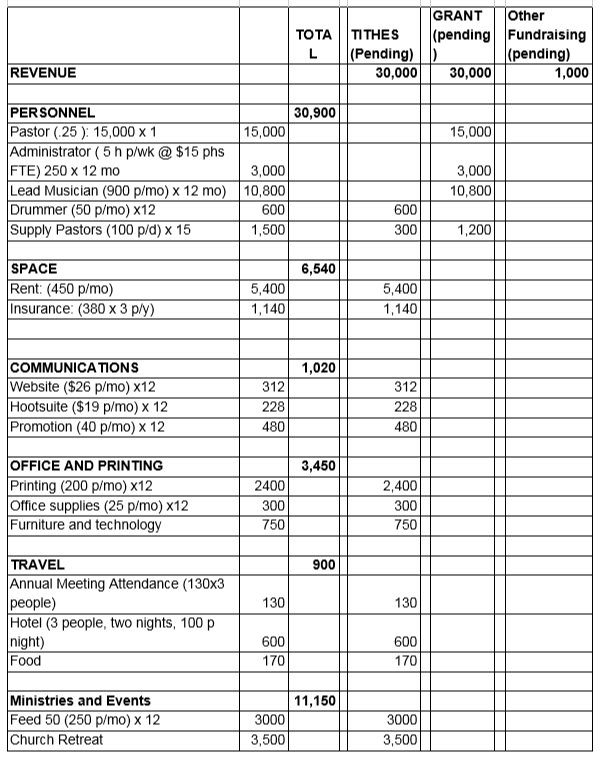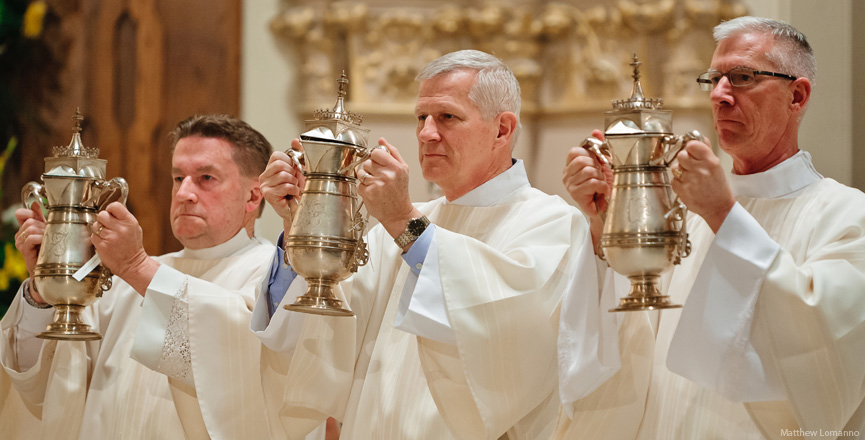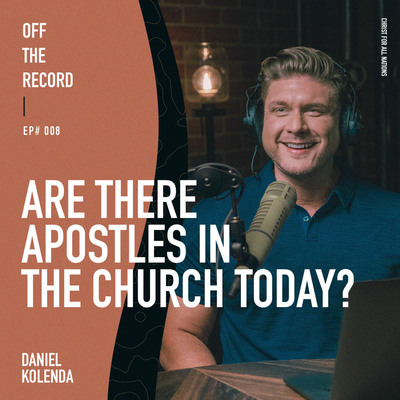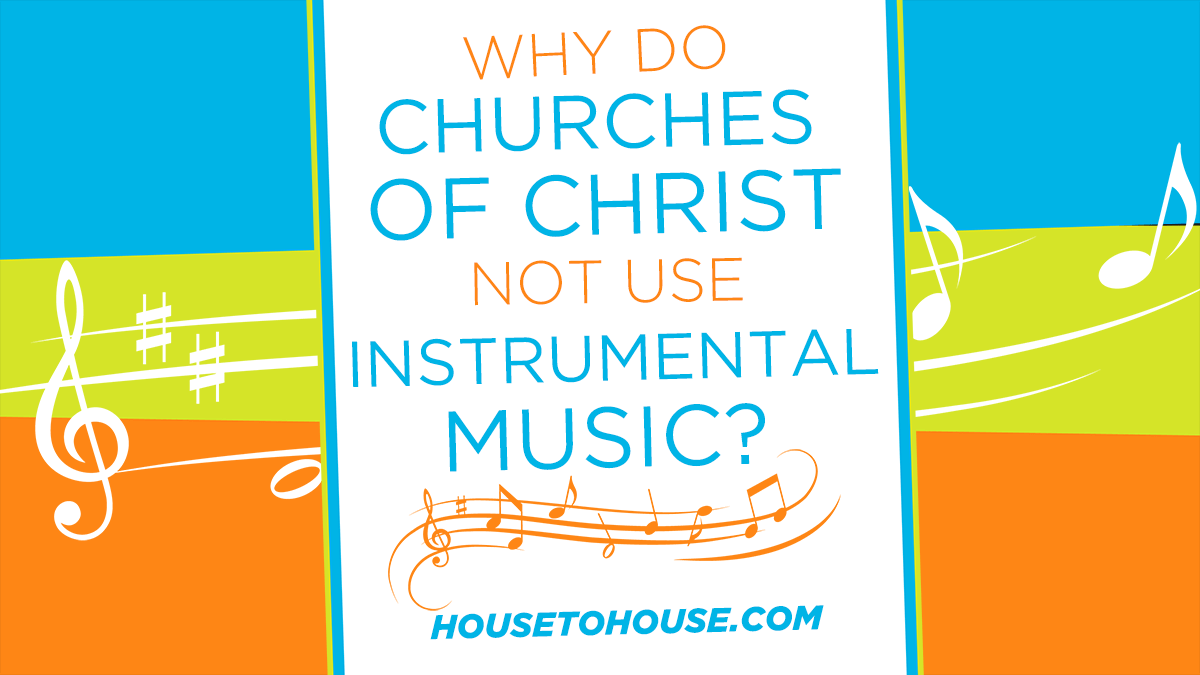What Does The Bible Say About Non Denominational Churches? Non-denominational churches have become increasingly popular in recent years, with many Christians choosing to worship in a more contemporary and informal setting. These churches are not affiliated with any specific denomination or organization and offer a more flexible approach to worship and religious practices. However, some Christians may wonder what the Bible has to say about non-denominational churches. In this article, we will explore what the Bible has to say about non-denominational churches and whether they align with biblical teachings.
What Does Non-Denominational Mean?
Before we dive into what the Bible has to say about non-denominational churches, let’s define what we mean by “non-denominational.” Non-denominational churches are those that do not align with any specific religious denomination or organization. This means that they do not adhere to the specific beliefs or practices of a particular denomination, such as Catholicism or Methodism. Instead, they offer a more flexible approach to worship and religious practices, often emphasizing a personal relationship with God over strict adherence to religious traditions.
What Does the Bible Say About Denominations?
While the Bible does not explicitly mention denominations, it does emphasize the importance of unity and working together as a community of believers. In the book of 1 Corinthians, for example, the Apostle Paul urges the church in Corinth to “be of one mind, united in thought and purpose” (1 Corinthians 1:10). He also emphasizes the importance of avoiding divisions and conflicts within the church, writing, “I appeal to you, brothers and sisters, in the name of our Lord Jesus Christ, that all of you agree with one another in what you say and that there be no divisions among you, but that you be perfectly united in mind and thought” (1 Corinthians 1:10).
However, it is important to note that the Bible does not condemn denominations or forbid Christians from worshiping in a particular way. Instead, it emphasizes the importance of working together as a community of believers and avoiding divisions and conflicts within the church.
What Does the Bible Say About Non-Denominational Churches?
While the Bible does not explicitly mention non-denominational churches, it does emphasize the importance of worshiping God in spirit and truth. In the Gospel of John, Jesus tells the Samaritan woman at the well, “God is spirit, and his worshipers must worship in the Spirit and in truth” (John 4:24). This suggests that the way in which we worship is less important than the sincerity and authenticity of our worship.
Additionally, the Bible emphasizes the importance of community and fellowship among believers. In the book of Hebrews, for example, the author encourages believers to “not give up meeting together, as some are in the habit of doing, but to encourage one another—and all the more as you see the Day approaching” (Hebrews 10:25). This suggests that worshiping and gathering together as a community of believers is important for our spiritual growth and well-being.
Overall, the Bible does not condemn or forbid non-denominational churches. Instead, it emphasizes the importance of unity, authenticity, and community among believers.
Are Non-Denominational Churches Biblical?
Based on the biblical teachings we have discussed, it is clear that non-denominational churches are not explicitly condemned or forbidden in the Bible. In fact, the Bible emphasizes the importance of sincerity, authenticity, and community in worship and fellowship. Non-denominational churches can provide a more flexible and contemporary approach to worship and religious practices, allowing believers to express their faith in a way that feels authentic and meaningful to them.
However, it is important to note that non-denominational churches can also have their drawbacks. Without the guidance and structure provided by a particular denomination or organization, non-denominational churches may be more susceptible to theological error or unorthodox practices. Additionally, the lack of denominational affiliation may lead to a lack of accountability or oversight, which could be problematic if there are issues with leadership or governance within the church.
Ultimately, whether a non-denominational church is biblical or not depends on the specific beliefs and practices of the church in question. It is important for believers to carefully examine the teachings and practices of any church they attend, regardless of whether it is denominational or non-denominational, to ensure that they align with biblical principles and teachings.
The Pros and Cons of Non-Denominational Churches
While non-denominational churches can offer many benefits, such as a more flexible and contemporary approach to worship, there are also potential drawbacks. Here are some pros and cons to consider:
Pros:
- Flexibility: Non-denominational churches often have a more flexible approach to worship and religious practices, allowing believers to express their faith in a way that feels authentic and meaningful to them.
- Contemporary Worship: Many non-denominational churches offer contemporary worship services, with modern music and a less formal atmosphere.
- Emphasis on Personal Relationship with God: Non-denominational churches often emphasize a personal relationship with God over strict adherence to religious traditions.
Cons:
- Lack of Accountability: Without the guidance and structure provided by a particular denomination or organization, non-denominational churches may be more susceptible to theological error or unorthodox practices. Additionally, the lack of denominational affiliation may lead to a lack of accountability or oversight, which could be problematic if there are issues with leadership or governance within the church.
- Lack of Tradition: Some believers may feel that non-denominational churches lack the rich traditions and history of more established denominations.
- Lack of Diversity: Non-denominational churches may not offer the same level of diversity in terms of theological perspectives or cultural backgrounds as more established denominations.
What Should You Look for in a Non-Denominational Church?
If you are considering attending a non-denominational church, it is important to carefully evaluate the church’s teachings and practices to ensure that they align with biblical principles and teachings. Here are some things to look for:
- Biblical Teaching: The church’s teachings should align with biblical principles and teachings. Avoid churches that promote unorthodox or questionable teachings.
- Community: Look for a church that emphasizes community and fellowship among believers. A healthy church community can provide support, encouragement, and accountability.
- Worship: Pay attention to the church’s worship style and approach. Make sure it aligns with your own personal preferences and values.
- Leadership: Evaluate the church’s leadership structure and governance. Look for a church with a transparent and accountable leadership structure.
How to Determine if a Non-Denominational Church is Right for You
Deciding whether a non-denominational church is right for you can be a difficult decision. Here are some steps you can take to help you make an informed decision:
- Do Your Research: Research the beliefs and practices of the church you are considering attending. This can include reading their website, attending a service, and speaking with members of the congregation.
- Consider Your Values: Think about what is most important to you in a church community. Do you value tradition, contemporary worship, or a strong sense of community? Make sure the church you are considering aligns with your values.
- Seek Guidance: Speak with trusted spiritual advisors, such as pastors or mentors, about your decision. They can provide guidance and support as you navigate this decision.
- Attend Services: Attend a few services to get a feel for the church’s worship style and approach. This can help you determine if the church is a good fit for you.
- Pray: Take time to pray and seek guidance from God. Ask for wisdom and discernment as you make this decision.
How to Get Involved in a Non-Denominational Church
Once you have decided to attend a non-denominational church, getting involved in the community can be a great way to deepen your faith and build relationships. Here are some ways to get involved:
- Attend Services Regularly: Make attending church services a priority. This can help you build relationships with other members of the congregation and deepen your understanding of the church’s teachings.
- Join a Small Group: Many non-denominational churches offer small groups, such as Bible studies or prayer groups. Joining a small group can help you build deeper relationships with other members of the church and provide opportunities for spiritual growth.
- Serve: Look for opportunities to serve in the church community. This can include volunteering with children’s programs, serving on a worship team, or helping with outreach efforts.
- Give: Consider giving financially to support the church’s ministries and outreach efforts. Giving is an important part of Christian discipleship and can help support the work of the church.
SEE ALSO:
Are Church Committees Biblical
Conclusion: What Does The Bible Say About Non Denominational Churches
Non-denominational churches can provide a flexible and contemporary approach to worship and religious practices. However, it is important to carefully evaluate any church you attend to ensure that it aligns with biblical principles and teachings. Once you have found a church community that is right for you, getting involved and building relationships can deepen your faith and provide opportunities for spiritual growth.






